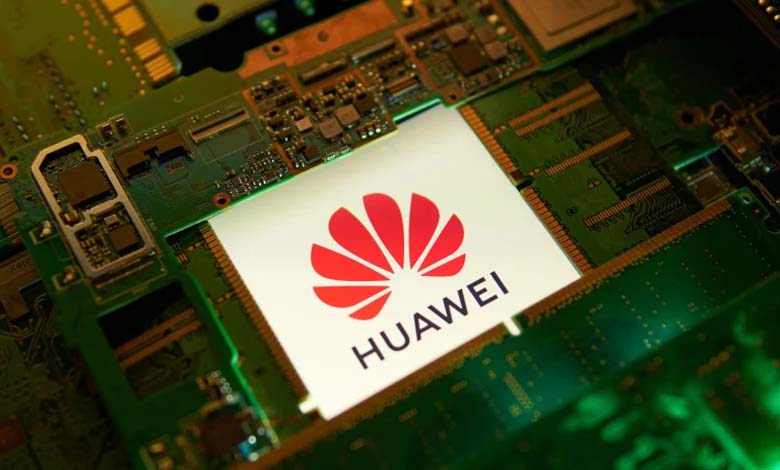Huawei to Launch Advanced AI Chip with Massive Shipments

Chinese tech giant Huawei is preparing to launch a new high-performance artificial intelligence (AI) chip, with plans for massive production and distribution.
This move represents a significant step in China’s technological ambitions and could reshape the global AI market, currently led by American players like NVIDIA and AMD.
-
Apple Loses Its Crown as the World’s Most Valuable Company to Microsoft
-
Apple Unveils Its First Custom-Designed Modem
In the wake of U.S. sanctions and limited access to cutting-edge semiconductors, Huawei has accelerated efforts to develop its own chip technology.
The new AI chip, expected to ship in large quantities, reflects Huawei’s strategy for technological self-reliance.
According to industry sources, the chip is designed for data centers, cloud-based applications, and generative AI systems, positioning it as a direct competitor to deep learning GPUs.
While Huawei has not officially released detailed specifications, reports suggest the chip could include:
-
Worsening iPhone Problems in China with Sales Decline
-
Why did Apple’s sales decline in China?… The apple is losing its allure
- High computational power tailored for machine learning
- Advanced fabrication using 7nm or smaller processes
- Energy-efficient design
- Compatibility with leading open-source AI frameworks (such as TensorFlow and PyTorch)
With rising demand for AI infrastructure in China and increasing restrictions on foreign tech, Huawei is well-positioned to dominate the local market.
Many Chinese firms already favor domestic alternatives to reduce reliance on U.S.-made components, creating a fertile ground for rapid adoption of Huawei’s AI chips.
-
Does Artificial Intelligence Provide Accurate Health Advice?
-
Britain criminalizes the use of artificial intelligence for child sexual exploitation
Huawei’s large-scale entry into the AI chip market is likely to intensify U.S.-China tech tensions.
It may also accelerate the fragmentation of global semiconductor supply chains, pushing other nations to invest in digital sovereignty and indigenous innovation.
With this new chip, Huawei is not merely catching up — it’s aiming to become a key global AI player.
The success of this initiative will depend on the chip’s performance, market reception, and the evolving geopolitical climate.
One thing is clear: the race for AI dominance is entering a new and critical phase.












